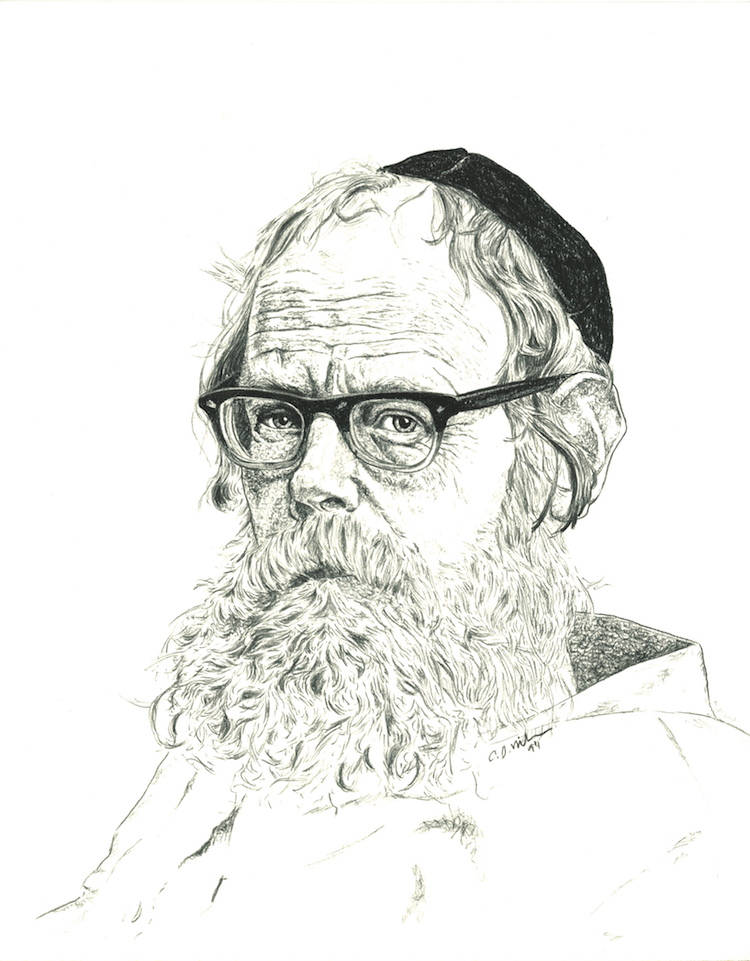It is not lack of time that leads to avoidance of self-evaluation, but lack of leisure.
Soul-searching can sometimes be complex, requiring much time and profound attention, but this is not always the case.
Self-accounting can be swift and brief.
Several scholars have observed that the higher the level of individuals (or nations) – the better they truly are – the harder it is to make a self-accounting.
When things are plain and obvious, there is no need for very extensive searching or for great profundity in order to discover what is amiss, at least superficially.
Every disaster, by its very nature, causes a break in the routine of life.
Such a break gives one the leisure in which to contemplate things and make a reckoning.
Routine prevents a person from reexamining his situation.
People grow accustomed to everything – not only to good things, but also to the non-ideal.
Our sages have taught us: “If a person commits a sin and repeats it, it becomes to him as though it were permissible.”
Even if a person knows that he commits a sin, nevertheless, when he repeats the same sin several times, it, too, becomes part of his routine, and he no longer pays attention to it as something requiring correction.
The effect of disaster is shock, confusion that seizes the individual and the community in times of trouble.
This shock jolts man out of his rut, enabling him to look at things anew, to reexamine his life.
–Rabbi Adin Steinsaltz

